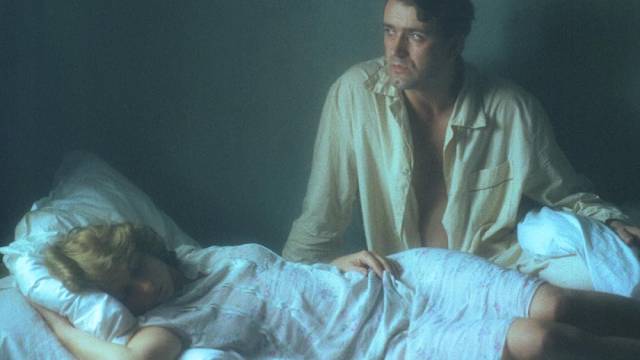
Part six of my review of what I saw at the Fifth Hong Kong International Film Festival covers a handful of Eastern European films which range across history and politics and into fantasy.
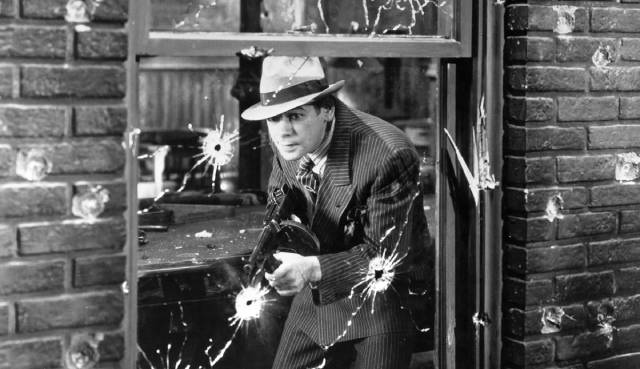
Howard Hawks’ Scarface: The Shame of a Nation (1932), newly restored in 4K and released by Criterion in a dual-format edition as well as a stand-alone Blu-ray, is in many ways the most modern of the 1930s gangster movies, filled with Paul Muni’s infectious energy as the ambitious Tony Cramonte, balanced by two string female characters (Karen Morley and Ann Dvorak), blending dark tragedy with streaks of comedy, and pushing violence as far as was possible in the years just before Hollywood established the Production Code.

My Fall viewing has been the usual varied mix, with a number of new and classic Japanese movies, John Boorman’s fantasy sequel to The Exorcist, Alex Garland’s uncomfortably prescient depiction of America tearing itself apart, a slice of anti-drug exploitation from the late-’60s, and a surprising discovery from none other than Bert I. Gordon.
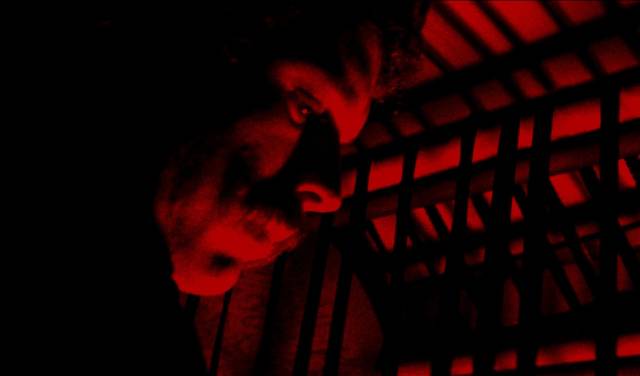
Grindhouse Releasing have done a stellar job of resurrecting a little-known low-budget exploitation movie from the early ’70s. Set on the fringes of the film business in Los Angeles, Hollywood 90028 (1973) was the only feature directed by Christina Hornisher who approached the story of a homicidal film cameraman with the cool detachment of a European director and an emphasis on the experience of women being exploited by the industry.
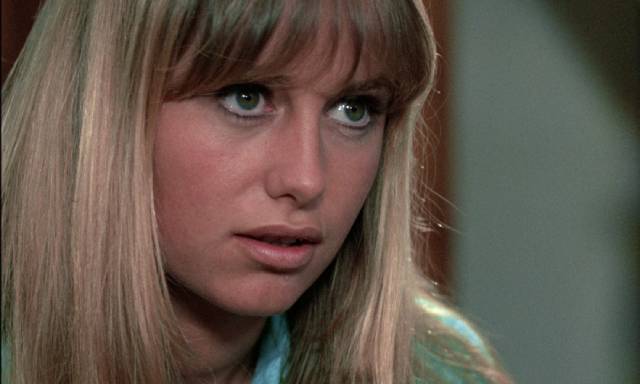
Two new box sets from 88 Films provide an opportunity to re-visit the work of Pete Walker, arguably the best exploitation filmmaker working in England from the late-’60s to the end of the ’70s. The Flesh and Blood Show collects the seven horror movies which are his best-known work, while the Pete Walker Sexploitation Collection includes his first playful features which grew out of years of making sex loops as well as his final film of the ’70s in which the sex takes on a much darker tone.

Criterion gives Pat Garrett and Billy the Kid (1973), Sam Peckinpah’s final, unfinished Western, stellar treatment in a two-disk Blu-ray set (also in a 4K UHD edition) with three different cuts plus extensive extras. The original theatrical release is presented alongside Peckinpah’s final preview cut and a more polished 50th Anniversary edit which restores and refines much of the material originally removed after the director walked away from the project.
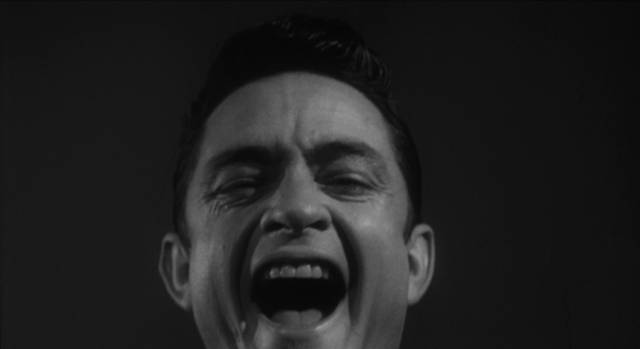
I’m drawn to movies made on the fringes, far from the industry centre, and these have recently included low-budget ’60s noir, ultra cheap ’70s horror and ambitious ’90s direct-to-video sword-and-sorcery fantasy. Whatever their technical short-comings, all these movies exhibit the creative ingenuity essential to completing a feature with inadequate resources.